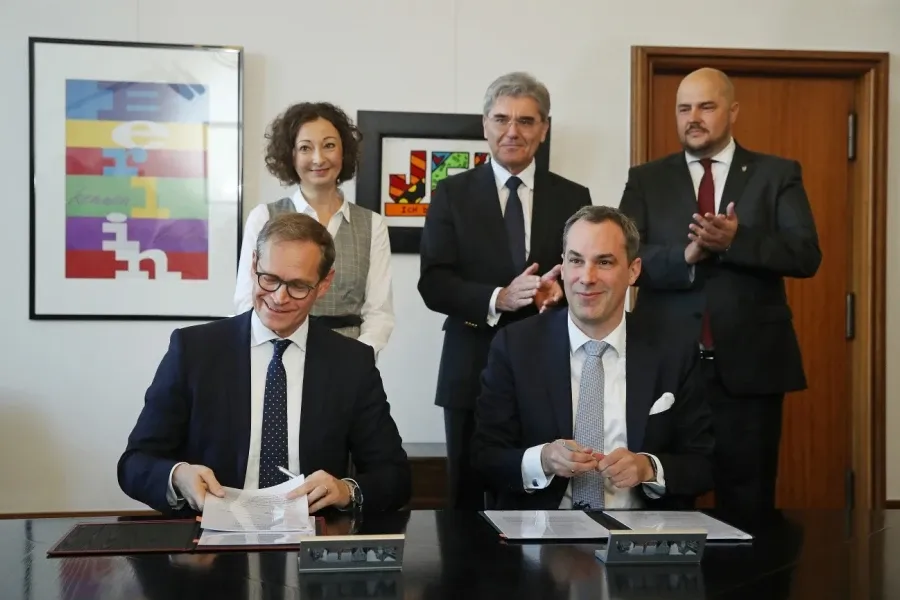Investors Sign Takeover of TikTok in the US
ByteDance signed binding deals with investors led by Oracle to transfer control of its TikTok US operations.

Siemens plans to make its biggest single investment ever in the company's history in Berlin. In the coming years, up to €600 million are to be invested in a new world of working and living: Siemensstadt 2.0. This project, which covers an area of 70 hectares, aims to transform this large industrial area into a modern, urban district of the future for a diverse range of purposes.
A further goal is to strengthen selected key technologies and innovation fields in collaboration with the scientific and business communities. To make this possible, this section of Berlin is to become home to centers of research and expertise, to start-up incubators and to research and scientific institutes as well as their partner companies.
"The idea behind the founding of Siemensstadt in 1897 was to combine space for working, researching and living to cultivate a beneficial symbiosis for a successful future. Siemens is the global market leader and thought leader in automation and industrial digitalization. We want to lead the way in shaping Industrie 4.0 in the socioeconomic environment, too. This environment includes a networked ecosystem with flexible working conditions, societal integration and affordable living space," said Joe Kaeser, President and CEO of Siemens.
The project is a long-term, future-oriented commitment to Germany as a business location: for employees, for residents and for the metropolitan area, it is to be a symbol for innovative power and science. The partners' intention in signing the pact for the future is to strengthen the State of Berlin's position as a home to forward-looking industries and technologies and turn Siemensstadt into one of the company's most important locations in this respect.
As part of this project, Siemens' current property in Spandau is to be developed into a technology park and incubator in the heart of Siemensstadt by the end of 2030. The existing industrial architecture provides an attractive environment for new work models and an excellent basis for meeting future production requirements. Trailblazing office, research and production spaces are to be created, as well as modern residential concepts.
Specifically, activities in fields of application such as distributed energy systems and energy management, electric vehicle technology, Industrie 4.0, machine learning, networked assets, IoT, AI, data analytics, blockchain, and additive manufacturing are to be based in Siemensstadt. The concept calls for investments in core competencies in production and service, which will also lead to new job profiles. In cooperation with the Senate of Berlin, Siemens will conduct an urban planning competition as the basis for the project's further development.
Siemens has about 11,400 employees in Berlin. In addition to manufacturing, they work in the areas of engineering, research and development, training and continuing education, customer service and sales. As a result, Berlin is still Siemens' biggest manufacturing location worldwide.